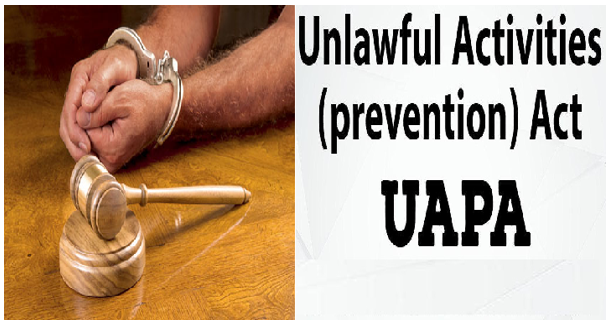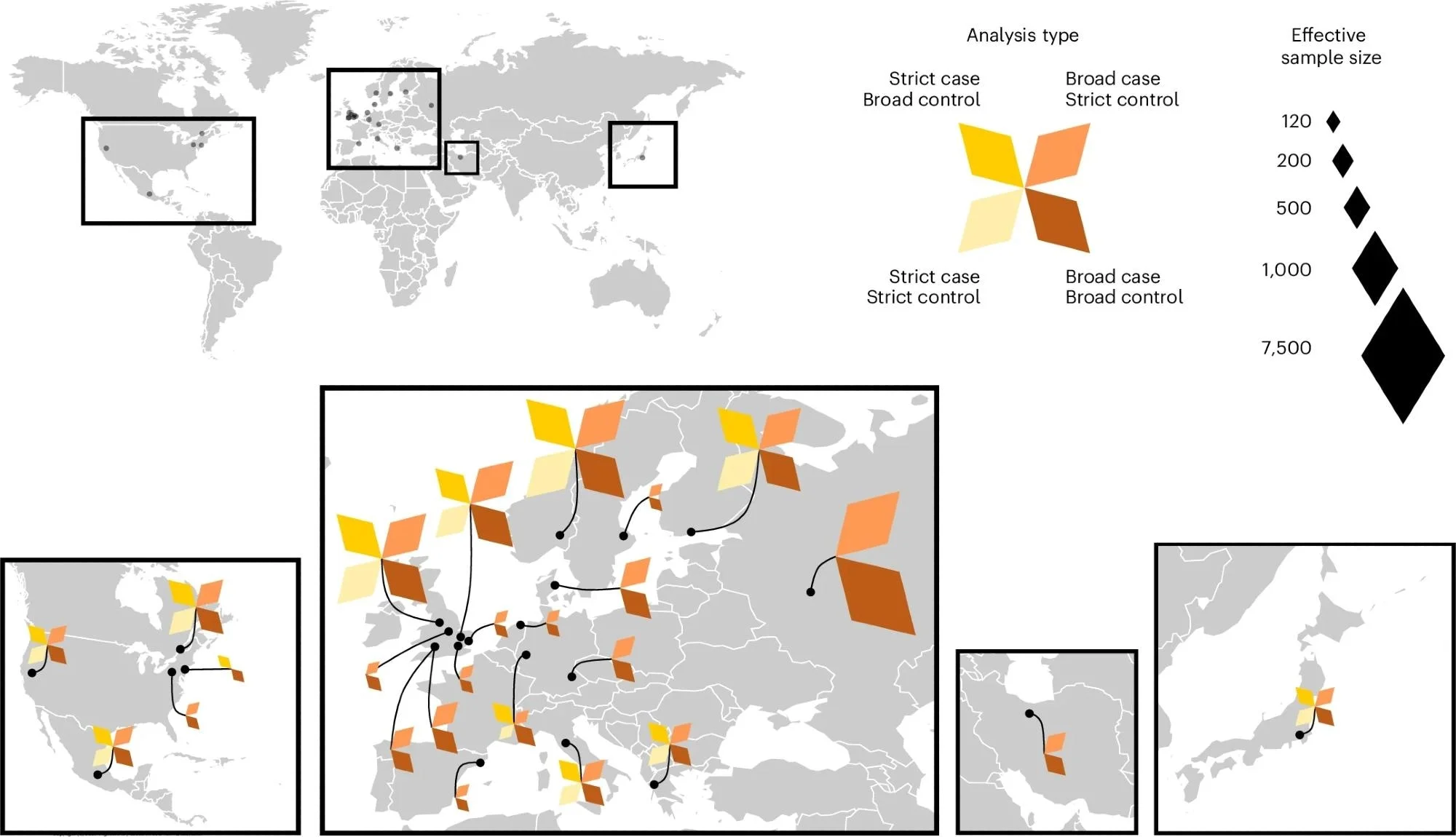- Courses
- GS Full Course 1 Year
- GS Full Course 2 Year
- GS Full Course 3 Year
- GS Full Course Till Selection
- Answer Alpha: Mains 2025 Mentorship
- MEP (Mains Enrichment Programme) Data, Facts
- Essay Target – 150+ Marks
- Online Program
- GS Recorded Course
- Polity
- Geography
- Economy
- Ancient, Medieval and Art & Culture AMAC
- Modern India, Post Independence & World History
- Environment
- Governance
- Science & Technology
- International Relations and Internal Security
- Disaster Management
- Ethics
- NCERT Current Affairs
- Indian Society and Social Issue
- NCERT- Science and Technology
- NCERT - Geography
- NCERT - Ancient History
- NCERT- World History
- NCERT Modern History
- CSAT
- 5 LAYERED ARJUNA Mentorship
- Public Administration Optional
- ABOUT US
- OUR TOPPERS
- TEST SERIES
- FREE STUDY MATERIAL
- VIDEOS
- CONTACT US
Unlawful Activities (Prevention) Act (UAPA), 1967
Unlawful Activities (Prevention) Act (UAPA), 1967
06-10-2023

Latest Context:
Recently, the Union Home Ministry declared the ‘Jammu and Kashmir Democratic Freedom Party’ as an ‘unlawful association’ under Unlawful Activities (Prevention) Act, 1967.
Key Provisions of UAPA, 1967
- Definition of Unlawful Activities: The UAPA provides a comprehensive definition of what constitutes "unlawful activities." It includes actions, associations, or organizations that engage in activities intended to threaten the territorial integrity and security of India.
- Banning of Organizations: The central government has the authority to declare an organization as unlawful, if it is found to be involved in unlawful activities but the government has to clarify such grounds.
- Punishments: The UAPA prescribes severe penalties for individuals and organizations involved in unlawful activities. These penalties can include imprisonment, fines, and the forfeiture of property used for unlawful purposes. Offences under this act are cognizable (arrest can be made without a warrant).
- Designated Authority: The government can appoint an authority to investigate and prosecute cases related to unlawful activities. This authority has significant powers, including the ability to intercept communications, conduct searches and arrests, and seize properties.
- Review Committees: The act establishes review committees at both the central and state levels to periodically review the cases of individuals and organizations detained or banned under the UAPA.
- Terrorist Organizations and Individuals: The UAPA allows for the declaration of an individual as a "terrorist" if they are found to be involved in terrorism-related activities. This designation can lead to stringent legal consequences.
- Funding of Unlawful Activities: The act also addresses the issue of funding for unlawful activities. It prohibits the raising, receiving, or managing funds for such purposes.
- Reference to Tribunal: On the declaration of being unlawful, the notification regarding this should be referred to tribunal within 30 days.
Arguments in favour of UAPA, 1967
- National Security: The UAPA is seen as a crucial tool in maintaining national security by preventing and countering activities that threaten the sovereignty and integrity of India. It allow law enforcement agencies to take proactive measures against terrorism and other forms of organized crime.
- Deterrence: The stringent penalties prescribed by the UAPA are seen as a deterrent to individuals and organizations involved in unlawful activities. The fear of severe punishment is believed to discourage potential wrongdoers.
- Global Cooperation: The UAPA aligns India with international efforts to combat terrorism and transnational crime. It enables cooperation with other nations in extradition, intelligence sharing, and the prosecution of individuals involved in cross-border unlawful activities.
- Review Mechanisms: These committees are tasked with periodically reviewing cases of individuals and organizations detained or banned under the act, providing a level of oversight and accountability.
- Protecting Civil Society: Supporters argue that the UAPA is not aimed at suppressing dissent but rather at preventing violent and unlawful activities. They argue that the law allows for the peaceful expression of views while targeting those who resort to violence.
Arguments against UAPA, 1967
- Broad and Vague Definitions: Critics argue that the UAPA's definitions of "unlawful activities" and "terrorism" are overly broad and vague, giving authorities significant discretion to label a wide range of activities as unlawful.
- Potential for Misuse: Many argue that the UAPA has been used in some cases to target political dissent, activists, and critics of the government, rather than solely addressing terrorism and national security threats.
- Detention Without Trial: The UAPA allows for the detention of individuals for an extended period without filing formal charges.
- Lack of Clarity on Evidence: UAPA does not provide clear guidelines on the admissibility of evidence, potentially leading to the use of coerced confessions or unreliable evidence in court proceedings.
- Impact on International Reputation: The use of the UAPA to target activists and dissenting voices has drawn criticism from international human rights organizations, potentially harming India's international reputation.
Conclusion:
While there are valid concerns about the UAPA, supporters of the law argue that it is essential for national security and to combat terrorism effectively. The balance between maintaining national security and protecting civil liberties remains a contentious issue in India, and the application of the UAPA continues to be a subject of debate and discussion.



